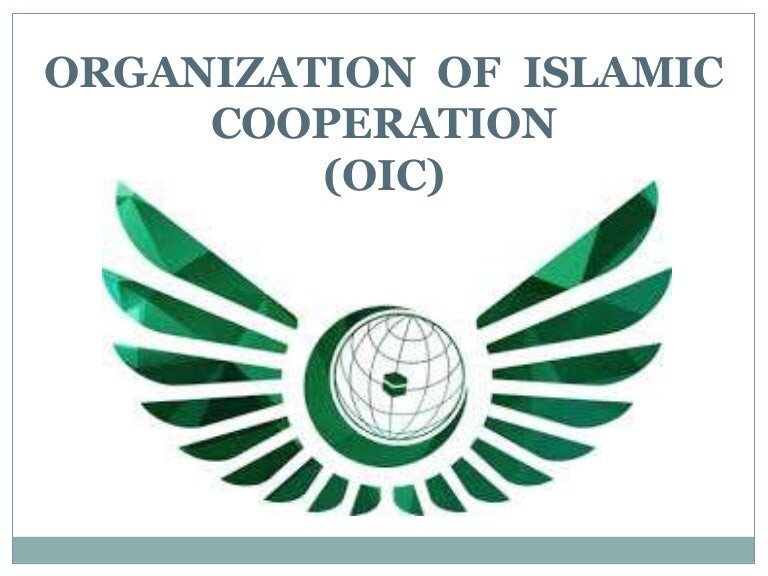Organization of Islamic Cooperation (OIC)

- 08 May 2025
About the OIC
The Organization of Islamic Cooperation (OIC) is the world’s second-largest intergovernmental organization after the United Nations, comprising 57 member states across four continents. It was established on September 25, 1969, following the historic summit held in Rabat, Morocco, which was convened in response to the arson attack on the Al-Aqsa Mosque in occupied Jerusalem.
Objectives and Purpose
The OIC’s primary goals are to:
- Preserve and promote Islamic values.
- Safeguard the national sovereignty and independence of its member states.
- Contribute to international peace and security.
- Serve as the collective voice of the Muslim world, protecting their interests across economic, social, and political spheres.
Structure and Headquarters
- The OIC’s headquarters is located in Jeddah, Saudi Arabia.
- Its official languages are Arabic, English, and French.
Membership
Notable member countries include Afghanistan, Bahrain, Bangladesh, Egypt, Indonesia, Iran, Iraq, Jordan, Kuwait, Lebanon, Libya, Malaysia, Maldives, Morocco, Niger, Oman, Pakistan, the Palestinian Authority, Qatar, Saudi Arabia, Sudan, Turkey, Uganda, United Arab Emirates, and Yemen, among others.
Principal Organs of the OIC
- Islamic Summit Conference (ISC):The highest authority of the OIC, meeting every three years to set the organization’s policies and strategic direction.
- Council of Foreign Ministers (CFM):Convening annually, the CFM reviews and oversees the implementation of decisions made by the Islamic Summit.
- General Secretariat:The executive branch responsible for executing the resolutions of the ISC and CFM.
Additionally, the OIC has established various ministerial-level committees—some chaired by heads of state—to coordinate cooperation among member countries in political, economic, cultural, social, spiritual, and scientific fields.
Partnerships and Global Engagement
The OIC collaborates closely with international organizations, including all specialized agencies of the United Nations, as well as governments and civil society organizations (CSOs). These partnerships help address concerns affecting its member states and the global Muslim community.
